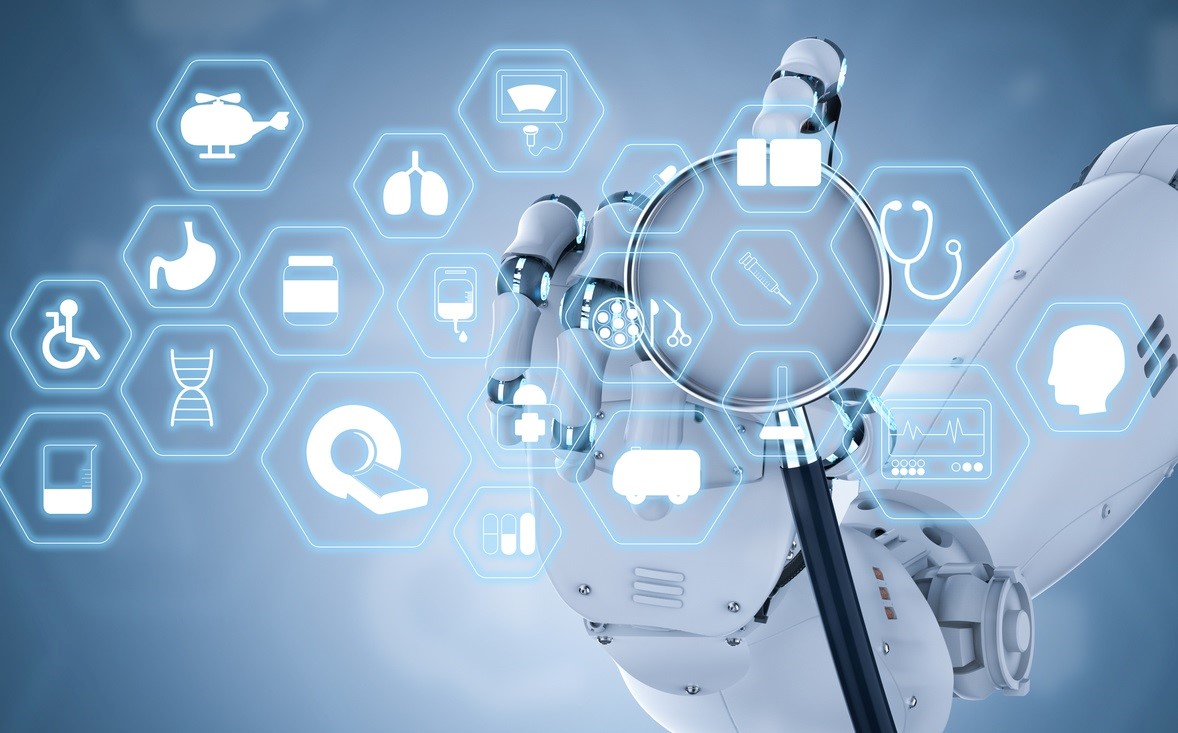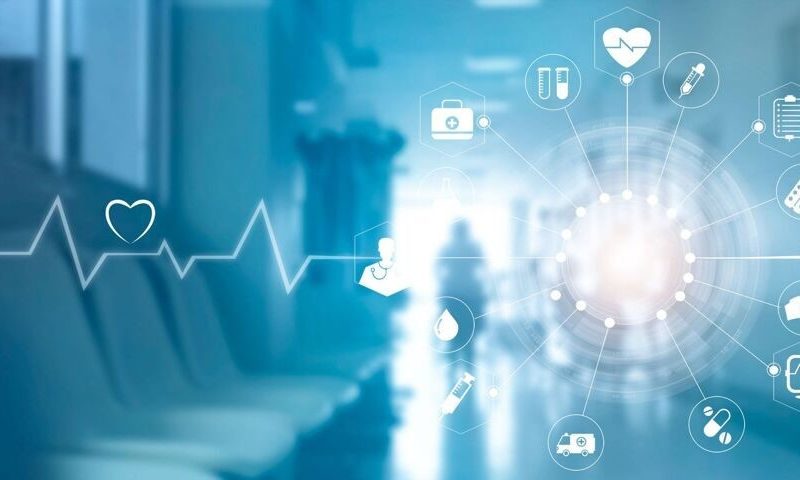As the world continues to embrace the digital revolution, the healthcare sector is experiencing unprecedented transformations. Health tech innovations are at the forefront of this change, promising to enhance patient care, streamline operations, and improve overall health outcomes. This year, several groundbreaking technologies are set to make significant impacts. Below, we delve into the top health tech innovations to watch.
Telemedicine and Remote Monitoring
Telemedicine has transitioned from a niche offering to a mainstream healthcare service, particularly accelerated by the COVID-19 pandemic. This innovation allows patients to consult with healthcare professionals from the comfort of their homes, reducing the need for in-person visits and minimizing the risk of infection.
Remote monitoring technologies complement telemedicine by enabling continuous health tracking. Devices like wearable sensors and smartwatches can monitor vital signs such as heart rate, blood pressure, and glucose levels. These devices send real-time data to healthcare providers, allowing for timely interventions and personalized care plans.
Artificial Intelligence and Machine Learning
Artificial Intelligence (AI) and Machine Learning (ML) are revolutionizing healthcare by providing powerful tools for diagnosis, treatment planning, and patient management. AI algorithms can analyze vast amounts of medical data to identify patterns and predict outcomes with remarkable accuracy.
For instance, AI-powered imaging tools can detect anomalies in X-rays, MRIs, and CT scans faster and often more accurately than human radiologists. In oncology, AI systems can analyze genetic information to recommend personalized treatment plans. Machine learning models are also being used to predict patient deterioration, allowing for early interventions and better management of chronic conditions.
Genomics and Personalized Medicine
Genomics is the study of an individual’s complete set of DNA, including all of its genes. Advances in genomic technologies are paving the way for personalized medicine, where treatments are tailored to the genetic makeup of individual patients.
This year, expect to see more integration of genomic data into clinical practice. By understanding the genetic basis of diseases, healthcare providers can offer more precise diagnoses and targeted therapies. For example, pharmacogenomics—the study of how genes affect a person’s response to drugs—can help in prescribing the most effective medications with the least side effects.
Blockchain for Health Data Security
Blockchain technology, best known for its role in cryptocurrency, is making inroads into healthcare, particularly in the realm of data security. Blockchain provides a decentralized and immutable ledger for recording transactions, making it ideal for securing sensitive health data.
This innovation ensures that patient records are tamper-proof and can be accessed only by authorized individuals. Blockchain can also streamline administrative processes, such as insurance claims and patient consent management, reducing fraud and improving efficiency.
Robotics and Automation
Robotics and automation are transforming various aspects of healthcare, from surgery to patient care. Surgical robots, such as the da Vinci Surgical System, enable minimally invasive procedures with high precision, resulting in quicker recovery times and reduced risk of complications.
In addition to surgery, robots are being used for tasks such as medication dispensing, disinfection, and even patient companionship. Automated systems can handle routine administrative tasks, allowing healthcare professionals to focus more on patient care.

Virtual Reality and Augmented Reality
Virtual Reality (VR) and Augmented Reality (AR) are emerging as powerful tools in medical training, treatment, and patient education. VR can simulate complex surgical procedures, providing a risk-free environment for medical students and professionals to hone their skills.
AR, on the other hand, can overlay digital information onto the real world, assisting surgeons during operations by providing real-time guidance and visualizations. For patients, VR can offer immersive experiences for pain management and mental health therapies, such as exposure therapy for phobias.
Internet of Medical Things (IoMT)
The Internet of Medical Things (IoMT) refers to the interconnected network of medical devices and applications that collect and share health data. IoMT devices range from wearable fitness trackers to sophisticated medical implants.
This innovation enables continuous health monitoring and data collection, providing valuable insights into patient health and behavior. IoMT can improve chronic disease management, enhance preventive care, and reduce hospital readmissions by enabling timely interventions based on real-time data.
3D Printing in Healthcare
3D printing technology is making significant strides in healthcare, offering customized solutions for a variety of medical needs. From prosthetics and implants to surgical tools and even bioprinted tissues, 3D printing allows for precise customization and rapid production.
This year, expect to see more applications of 3D printing in creating patient-specific models for surgical planning, producing custom orthopedic implants, and developing bioprinted tissues for research and regenerative medicine.
Digital Therapeutics
Digital therapeutics are evidence-based interventions delivered through software programs to prevent, manage, or treat medical conditions. These interventions can range from mobile apps that help manage chronic diseases to software that delivers cognitive behavioral therapy for mental health conditions.
Digital therapeutics offer a scalable, cost-effective way to deliver personalized care. They can be used as standalone treatments or in conjunction with traditional therapies, providing a holistic approach to patient care.
Advanced Wearable Technology
Wearable technology continues to evolve, offering more sophisticated and accurate health monitoring capabilities. Advanced wearables can track a wide range of health metrics, from vital signs to sleep patterns and physical activity levels.
These devices empower individuals to take charge of their health by providing real-time feedback and actionable insights. For healthcare providers, wearables offer a wealth of data that can inform treatment plans and improve patient outcomes.
Conclusion
The landscape of healthcare is rapidly evolving, driven by a wave of health tech innovations. From telemedicine and AI to genomics and blockchain, these technologies are transforming the way healthcare is delivered and experienced. As we move forward, it is essential for healthcare providers, patients, and policymakers to embrace these innovations and harness their potential to improve health outcomes and enhance the quality of care.
By staying informed about the latest health tech innovations, we can better navigate the future of healthcare and ensure that these advancements benefit everyone. This year promises to be an exciting one for health tech, with numerous innovations poised to make a significant impact on the industry. Keep an eye on these developments and be prepared to witness the next wave of healthcare transformation.










